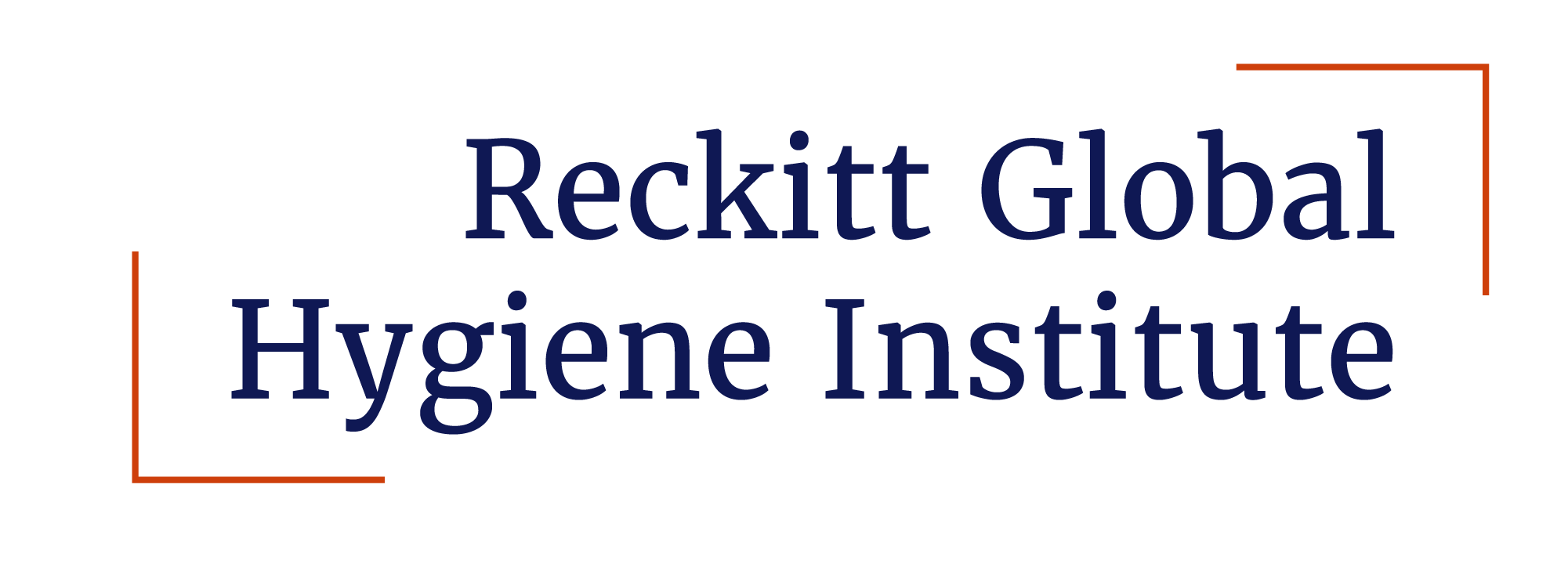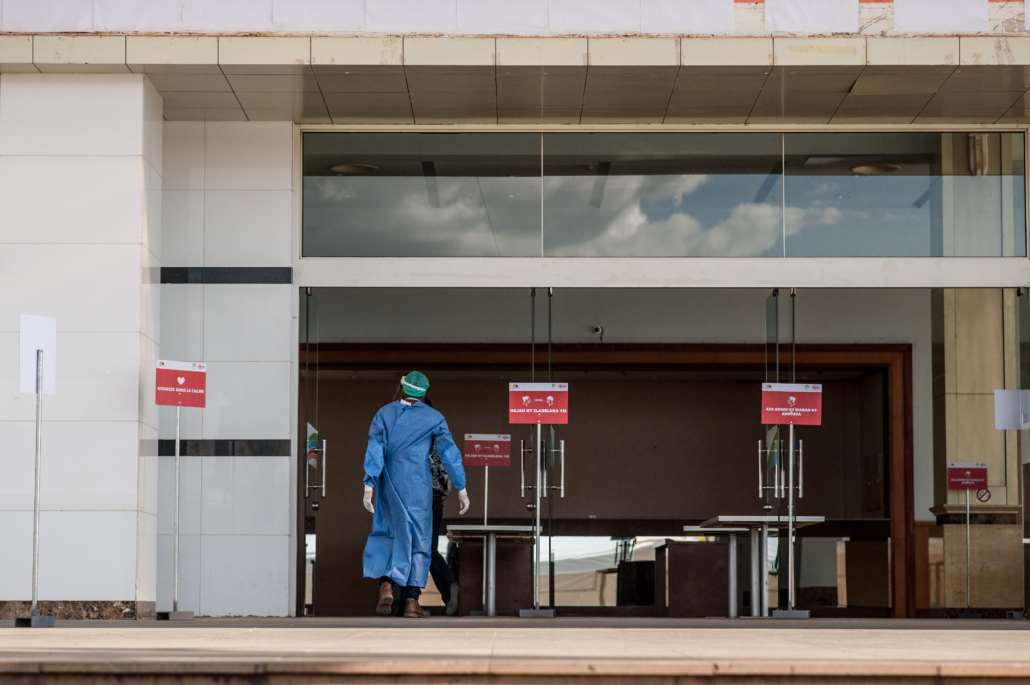Hospital-acquired infections (HAI) or “nosocomial” infections, which occur in patients under medical care, do not receive much public health attention, particularly that of policymakers in low- and middle-income countries (LMICs), unless there is an epidemic.
The recent COVID-19 pandemic is a case in point. It has provided healthcare providers and policymakers with clear and practical lessons learned about the effectiveness of enhanced infection prevention and control (IPC) in reducing HAI incidence. Several recent retrospective studies have shown that enhanced IPC at hospitals during the pandemic has reduced HAI incidence. Generally, the prevalence of nosocomial infections in LMICs is higher than that in high-income countries.
Therefore, the economic burden of the endemic HAI in LMICs is higher than that in high-income countries. HAI prevention and control programs are critical as the infections pose threats to both patients and healthcare providers. There is a growing body of evidence of the effectiveness of IPC interventions in reducing HAI prevalence. Nevertheless, which interventions work effectively in which LMICs is an important research question. On top of that, available resources on IPC introduced by the World Health Organization (WHO) provide direction for LMICs to effectively implement IPC programs at national and facility levels. The resources include guidelines on core components of IPC programs at the national and acute health-facility level and IPC framework at the facility level.
This research comprises three research components, namely:
- Gap analysis of IPC implementation and practices among healthcare workers at national, provincial, and district health facilities to identify IPC intervention components;
- Development of IPC intervention based on gap analysis and model interventions selected based on screening exercise of studies in the most recent systematic review of IPC interventions to reduce the incidence of HAI in LMICs; and
- Pilot and assessment of the feasibility and acceptability of the IPC intervention developed in component 2 in Cambodia and Lao PDR.
The above three components and objectives are expected to contribute to the ultimate goal of developing a promising IPC intervention to reduce HAI prevalence in Cambodia, Lao PDR, and other LMICs.
Lessons learned from this research in Cambodia and Lao PDR could be piloted in other LMICs, given their development level.
Dissemination workshops will share knowledge, experience, and findings with policymakers, academia, and various relevant stakeholders in Cambodia and Lao PDR. The study’s findings will be presented at national, regional, and international forums and published in international peer-reviewed journals.
- Research Team Members: Dr. Chan Hang Saing

